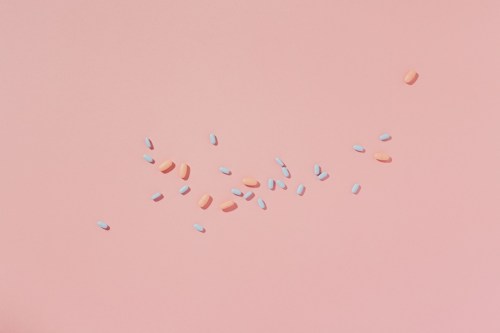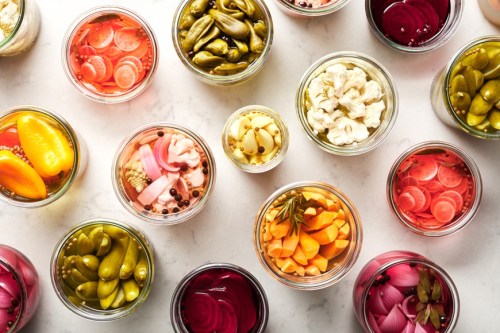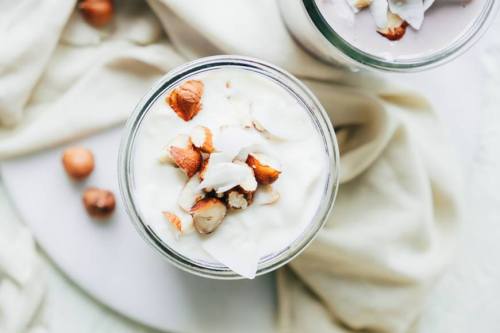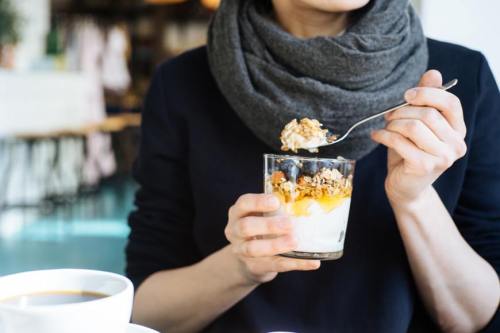You may have heard this one: You can “hack” your body for peak wellness by making slight adjustments to your daily routine. It can be as simple as changing up your coffee blend or your shower ritual (try soap-free!). But the next frontier in biohacking is all about getting to intimately know your body. Yes, we’re talking about the microbiome—the powerful, bacterial world we can’t see—and it can deeply impact your overall health.
“There have been many studies within the last three to five years linking changes in your intestinal microbiome with all kinds of disorders, some of which would have gotten you laughed out of the conference 20 years ago. For example, the connection between the intestinal microbiome and Parkinson’s [disease],” said Sarah Gupta, MD, the senior medical liaison for uBiome, at a recent panel on biohacking the microbiome hosted by Parsley Health in San Francisco.
Moderated by Sarah Kalamchi, Airbnb’s wellness coordinator and featuring Larry Weiss, MD, chief medical officer at AOBiome, and Parsley Health founder Robin Berzin, MD, as well as Dr. Gupta, the discussion took a deep dive into why understanding our microbiomes is so important, and what’s coming next in the research space.
Keep reading for 6 gut-health takeaways that are getting major buzz in medicine right now.

1. It’s all connected
In order to biohack any aspect of health, Dr. Weiss explains, you first need to understand and embrace systems biology—the idea that all of the organs in the body are connected. “We tend to think of ourselves conceptually as a noun: ‘I think; therefore I am,’” he says, quoting René Descartes. “But we aren’t—we are interconnected.”
Traditional modern medicine has become impatient and tends to focus on treating the end result of disease, when your life story and habits also contribute to the ailments you experience.
Dr. Berzin adds that traditional modern medicine has “become impatient,” and tends to focus on treating the end result of disease, when your life story and habits also contribute to the ailments you experience. “The antibiotics you took as a child could be affecting your microbiome today,” she says. Damn.
2. We are just starting to understand the power of the microbiome
The idea that gut health is connected to autoimmune diseases, skin issues, and mental health is increasingly agreed upon in the research community—but there’s still a long way to go.
“We are at this chicken-and-egg conundrum when it comes to the microbiome…We can get information but don’t always know what it means,” Dr. Gupta explains. “If you took a snapshot of microbiome samples from a bunch of patients with irritable bowel syndrome, they’ll all have some similarities. But we don’t know [why] they have those similarities.”

3. Probiotics can’t do all the heavy lifting
While there are few negatives to adding a probiotic to your wellness regimen, Dr. Berzin emphasizes there are many factors that play into their effectiveness.
The idea that if you take them, you are replacing your gut microbes with them, isn’t completely true, she said. “Typically, most of the oral probiotics die within a couple of days, so they’re not taking up residence. [What] lives and [what] dies in your gut is about what you’re putting in your mouth and the ecosystem you’re in, more so than any pill you’re going to take.”
4. Technology has changed our guts
Not surprisingly, our guts (the insides, *duh*) look pretty different from those inside humans living 10,000 years ago. “Our behavior diverged when we developed agriculture and animal husbandry, and more recently, technology and chemistry,” Dr. Weiss explains. “All these things have cut connections and we’ve lost a huge amount of our [microbiome] diversity.”
Companies like Mother Dirt (whose founder, Jasmina Aganovic, recently spoke at a Well+Good Talk on biohacking for women) are trying to bridge the gap by reintroducing in its skin-care products the immunity-boosting bacteria that modern life and indoor living habits have stripped away.

5. Next up: the vaginal microbiome
The vaginal microbiome is a new frontier that researchers are beginning to explore, according to Dr. Gupta, and it could be helpful in determining new methods for treating and preventing infection.
“The vagina has its own microbiome, just like the mouth and skin do. There is still a lot of ‘dark matter’ [in vaginal microbiome research], but there are some star players, like lactobacillus,” which can be found in yogurt and helps overall vaginal health, Dr. Gupta says. uBiome recently released the first vaginal microbiome test, which identifies STIs, HPV, and more than 20 vaginal flora.
6. Fecal transplants may be the treatment plan of the future
If having someone else’s poop transplanted into your body is a tough idea to wrap your head around, the potential health benefits may shift your mindset. While it’s still very new territory, Dr. Gupta says researchers have found that introducing healthy fecal bacteria into a compromised gut may help it heal and repopulate itself as a healthy microbiome. Bacteria FTW.
Can’t get enough? These at-home microbiome tests could help you crack your own code. Or, find out how your microbiome may be able to diagnose PTSD.
Sign Up for Our Daily Newsletter
Get all the latest in wellness, trends, food, fitness, beauty, and more delivered right to your inbox.
Got it, you've been added to our email list.











